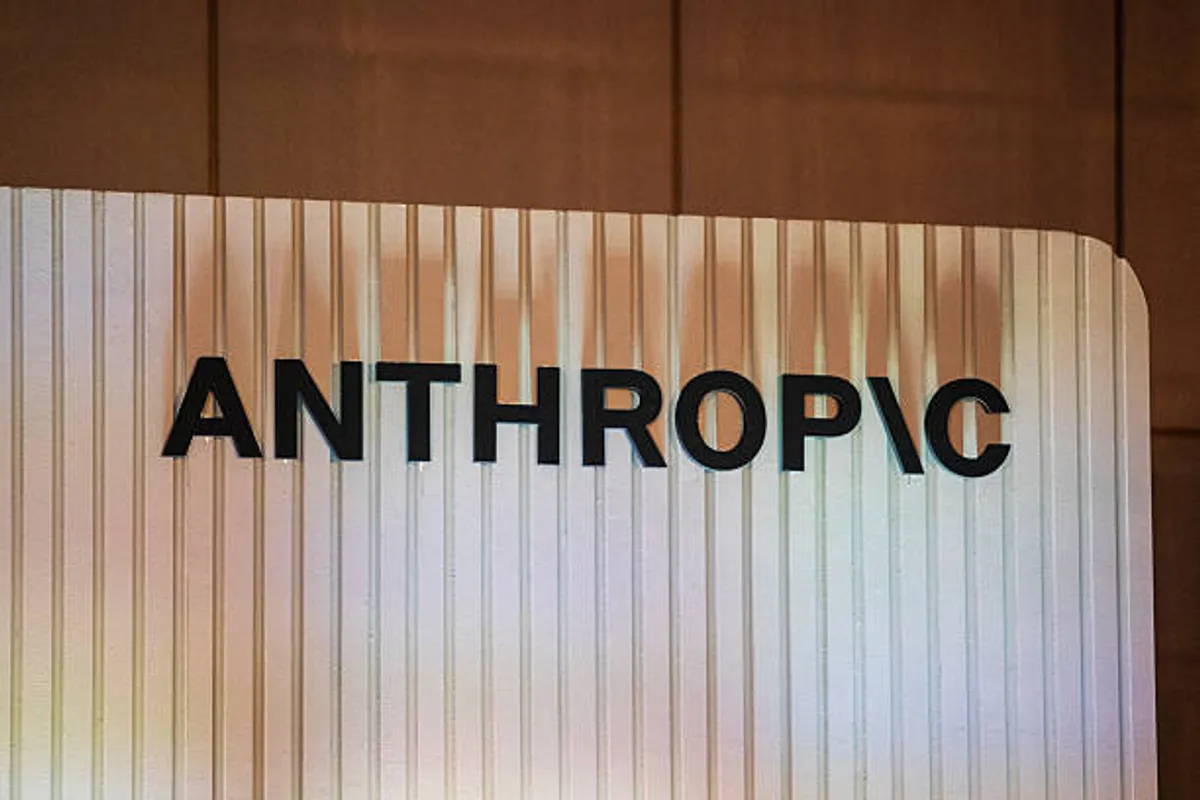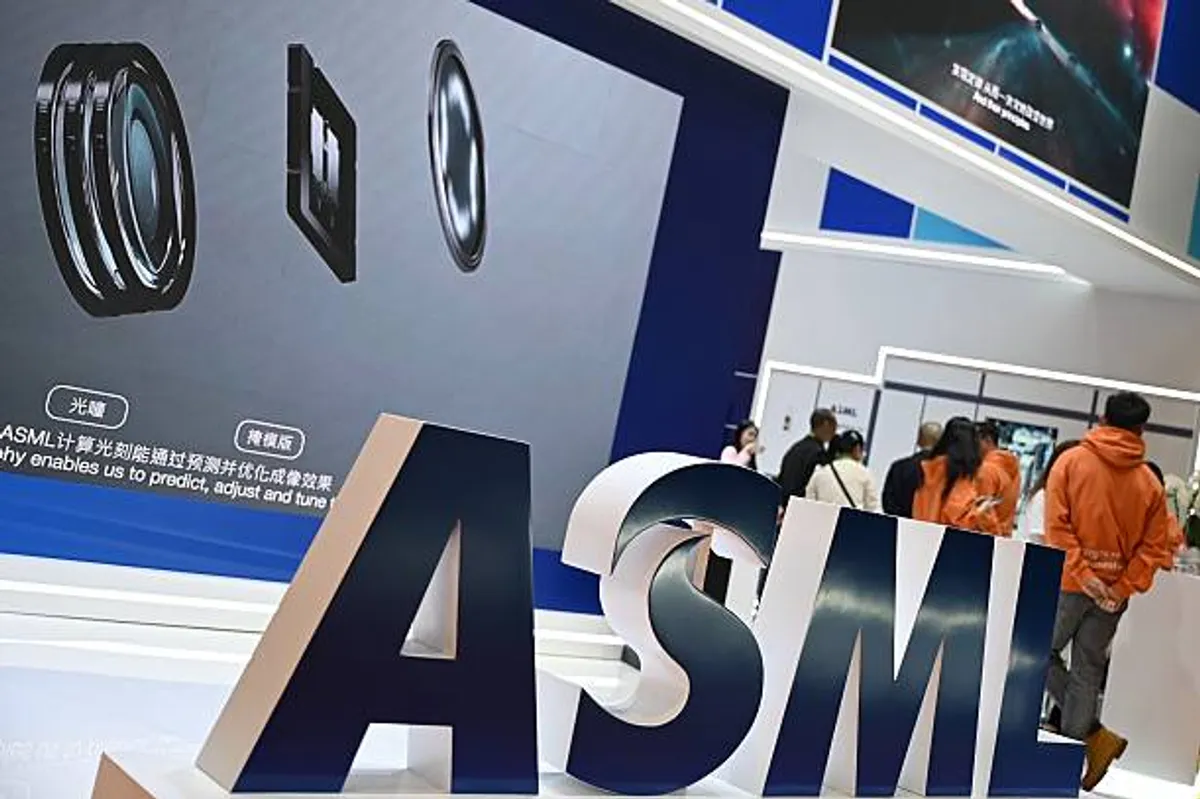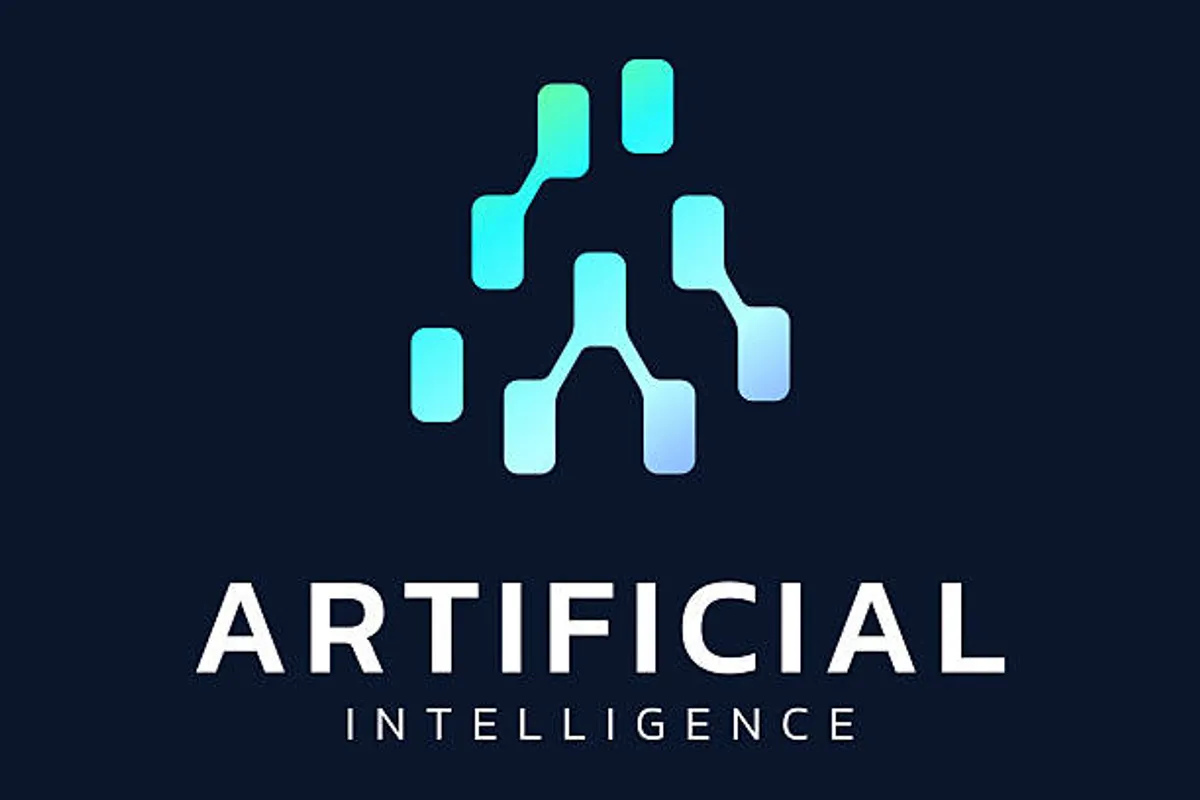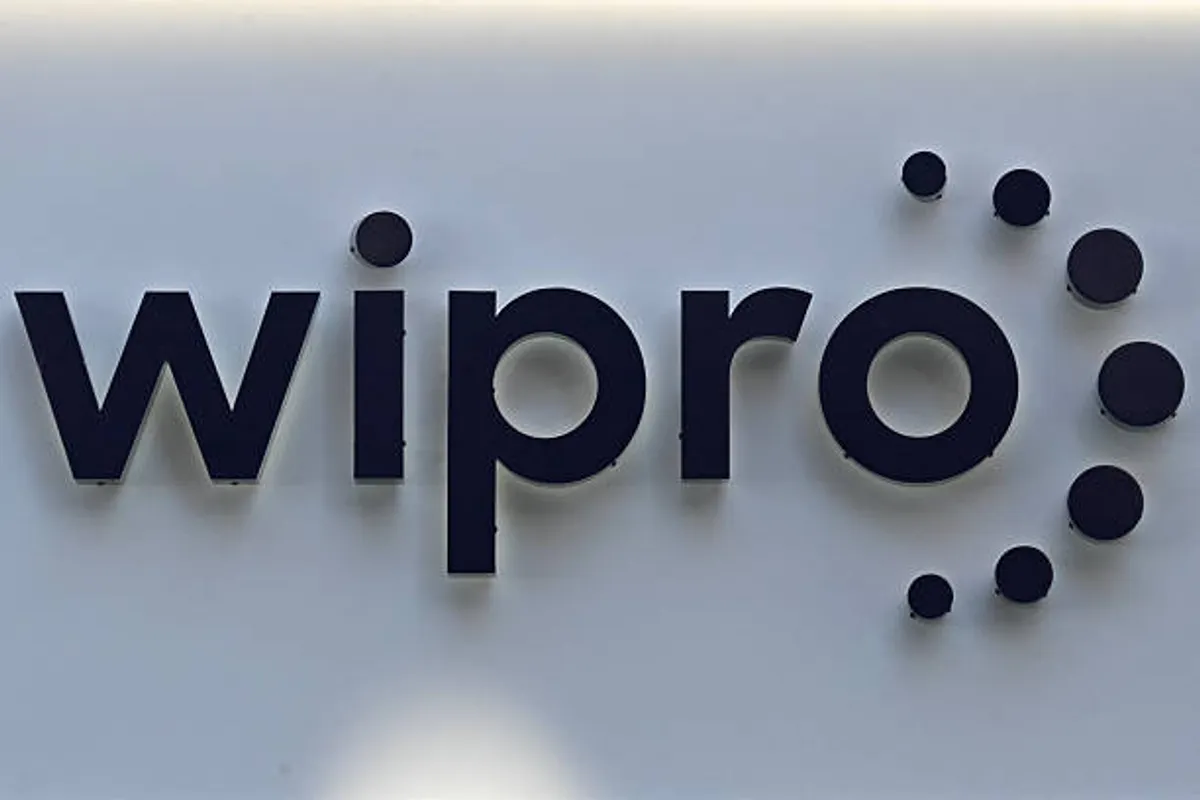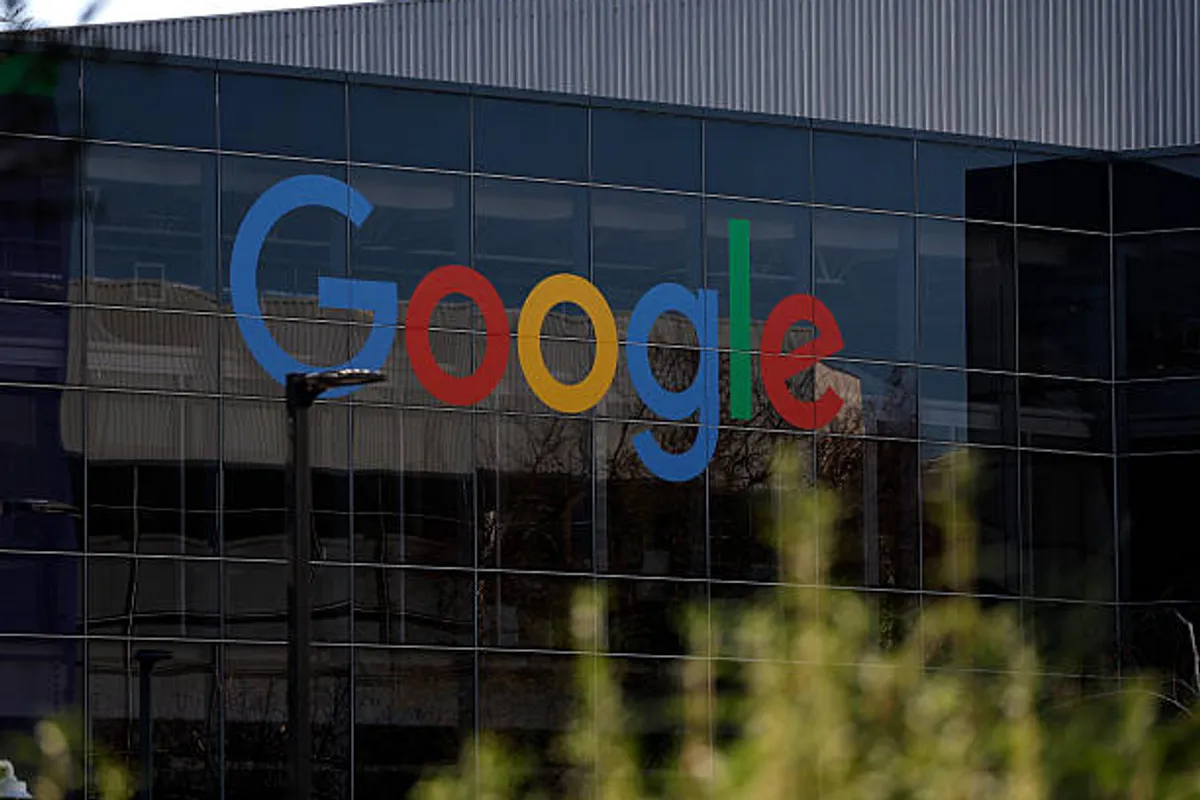Samsung and Hyundai Announce Major Domestic Investments Following U.S.–South Korea Trade Deal

GeokHub
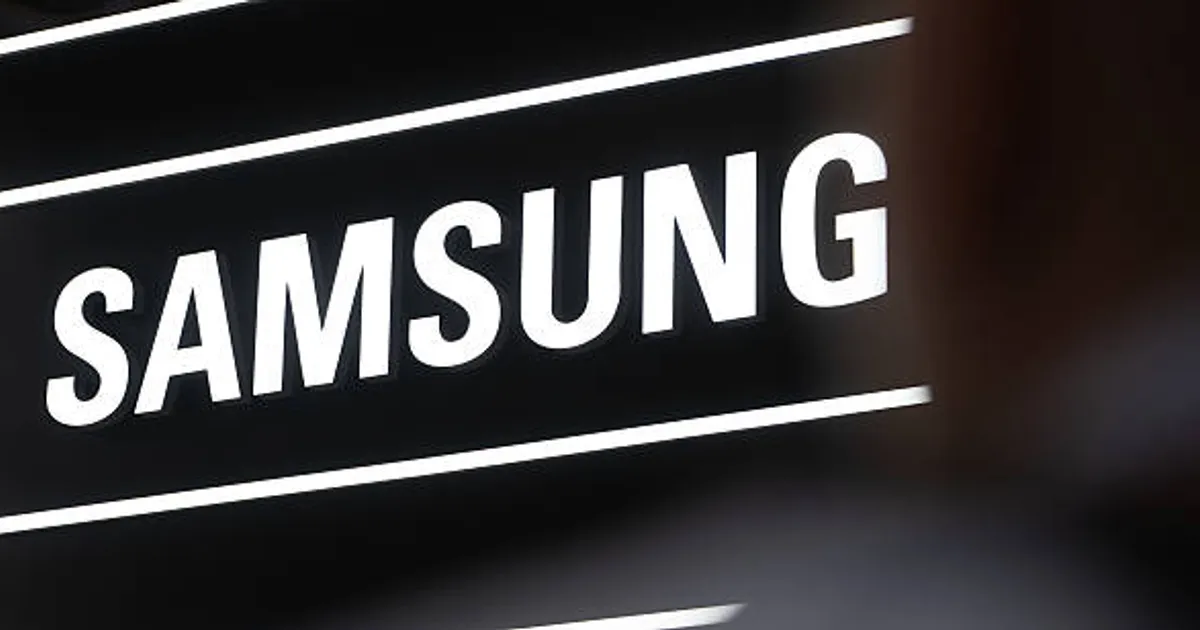
In the wake of a landmark U.S.–South Korea trade deal, Samsung Electronics and Hyundai Motor Group have unveiled huge domestic investment commitments, signaling a renewed focus on bolstering South Korea’s industrial base. Samsung said it will expand its chip production capacity at its Pyeongtaek plant, part of a broader 450 trillion-won investment in domestic operations over the next five years. This move is aimed squarely at meeting surging global demand driven by the artificial intelligence boom.
Meanwhile, Hyundai Motor Group committed to invest 125.2 trillion won in South Korea from 2026 to 2030. The investment will be spread across artificial intelligence and future technologies, research and development, and optimizing production facilities. The announcement came at a meeting between major business leaders and President Lee Jae-Myung, who urged companies to ensure the U.S. deal does not come at the expense of local manufacturing.
Analysis / Impact:
These investment pledges suggest a strategic balancing act. While South Korean firms have made large commitments to the United States under the trade deal, Samsung and Hyundai are determined to reassure domestic stakeholders that their factory capacity and innovation ecosystems at home will not be hollowed out. For the South Korean government, maintaining strong domestic investment is both a political and economic priority, especially amid fears that capital could flow too aggressively abroad.
On a global scale, the announcements reinforce how South Korea wants to remain a critical hub for next-generation technology, particularly in AI and semiconductors. For markets like Nigeria, the development is a reminder of how industrial policy, trade deals, and strategic technology investments in Asia can ripple across the world — shaping not just supply chains, but where future innovation hubs may cluster.
